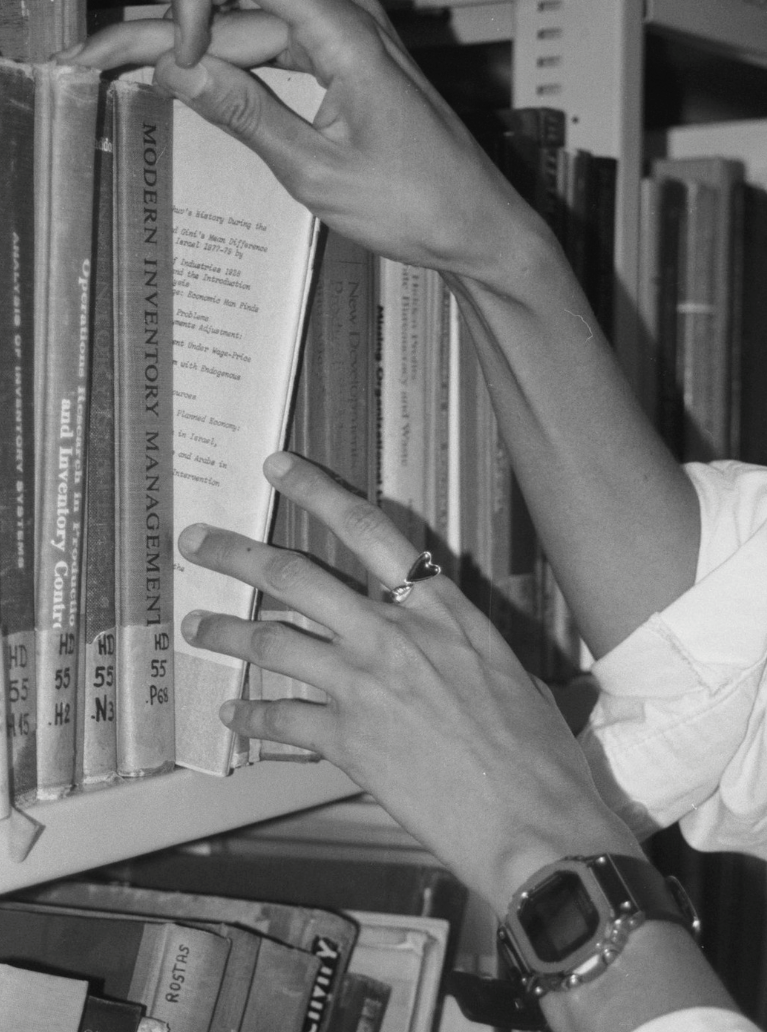
ACTIVISM
/
Black History Month
Trigger Warning: Black History Month is a brilliant celebration to raise awareness of misrepresented histories and I would love to write about it as my way of spreading awareness. However, it does involve some choice on my part with language. I have used ‘black’ and ‘white’ to describe a whole mass of people, it is not something I would choose to do but for purposes of explaining this felt like the easiest thing to do. I would love advice on this- so if you think there’s more appropriate language please let me know. My intention is never to offend. As per the purpose of the month, to rewrite history accurately- please be in touch if anything strikes as inaccurate.
Black History Month comes around once a year in October to celebrate the contributions and achievements made by Black people that may have been generationally misrepresented by History.
Originating in the United States, focussing primarily on African Americans, it has spread globally and is an opportunity for all people to re-learn History.
Origin: Black History Month began in 1926 as “Negro History Week” by historian Carter G. Woodson, who aimed to promote awareness of African American history. In 1976, it expanded to a month-long celebration in the U.S. With 2 years to go until its 100 Year Anniversary, the month has done wonders for re-addressing misrepresented history.
For those of us who just can’t understand why history has been remembered incorrectly, here is a brief background.
Slavery and colonisation dehumanised people. During centuries of the transatlantic slave trade, enslaved Africans were treated as property, not as people with histories, cultures, and contributions. This dehumanisation led to the erasure of their personal stories and accomplishments. A stark example of this can be seen in surnames. Slaves were given ‘new’ surnames that were connected to where they were from or the month they arrived.
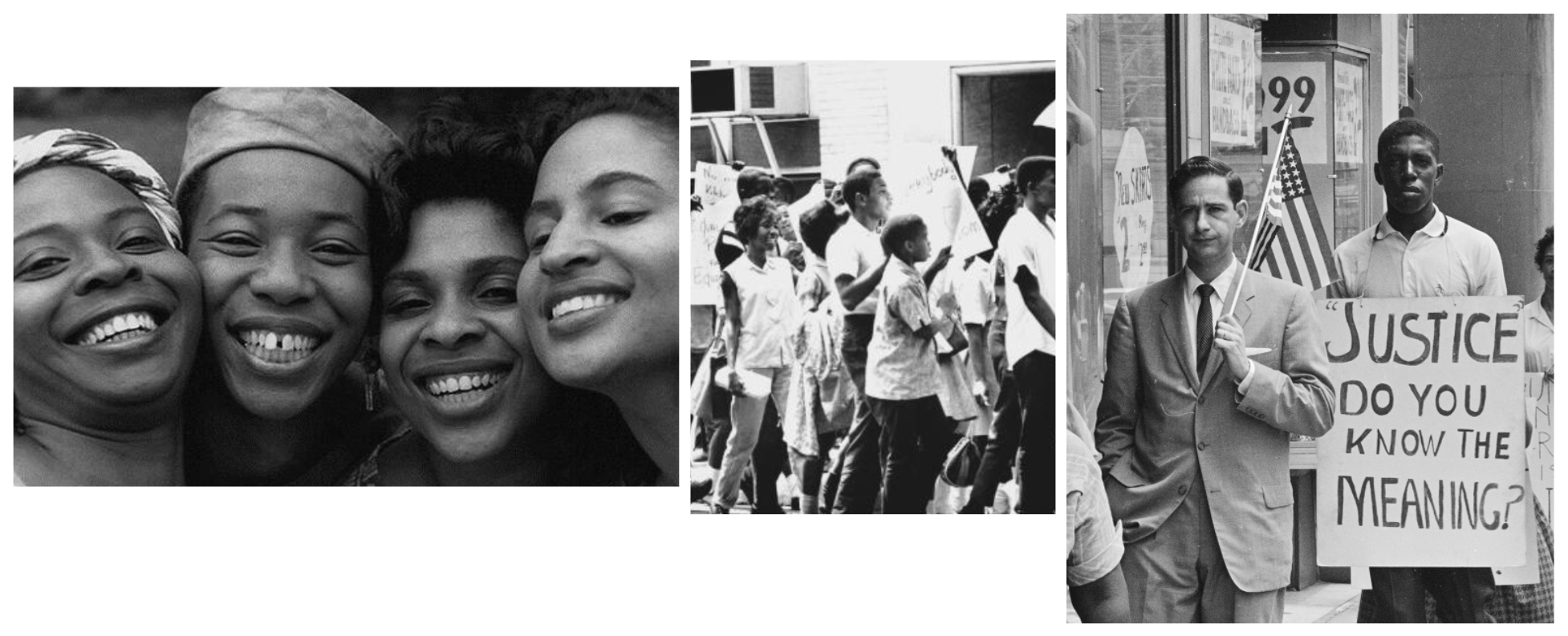
It is hard to imagine a world where this was allowed, but colonial narratives tried hard to portray African and other non-European cultures as “inferior.” This led to the minimisation or distortion of these cultures’ achievements and the contributions of Black people in the historical record. In other words, out-right lies about their history and inflation of what ‘white’ people had achieved.
Many Black historical figures and communities had limited access to education and resources, making it harder for them to document and preserve their achievements, this has led to a lack of documentation and as a result, their contributions were either unrecorded or written out of history by those in power.
In some cases, Black contributions were deliberately erased, minimised, or attributed to white individuals, particularly during periods when history was written predominantly by white scholars and historians with a Eurocentric focus.
The long struggle for civil rights meant that Black people, even when making significant contributions were not given the same recognition or historical remembrance as their white counterparts.
Black History Month is a time for us to grow awareness about the inaccuracies of ‘history’ to develop a more inclusive and accurate historical timeline that reflects the truth of how the world has been shaped.
It may be worth mentioning here that it is not only black, but non-european cultures as a whole that have been misrepresented. This is a whole other story, but as a quick example; The Golden Age of Baghdad saw the invention of algebra by a Muslim scholar… but for most of the 21st century this was attributed to a white American mathematician. You can imagine, there are plenty of similar examples to this.
“Hate Is Too Great A Burden To Bear. It Injures The Hater More Than It Injures The Hated.”
-Coretta Scott King
Walter Tull
Walter Tull, born in 1888 in Folkestone, Kent. The son of a Barbadian father and a local English mother, he became one of the first Black British officers in World War I.
Despite the racial barriers of the time, he was commissioned as an officer in 1917, leading soldiers in key battles, including a notable attack on German trenches in 1918 where he was killed in action.
His bravery and leadership were largely overlooked at the time. This was 1917, and racial inequality penetrated the British army. Despite soldiers volunteering from British colonies, white soldiers were deemed better and it was rare for any non-white British person to hold any kind of leadership figure. Walter is an incredible example of going above and beyond duty, which was at the time uncelebrated. In recent years, his family were honoured with a medal in his name.

Claudia Jones
Claudia Jones, born in Trinidad in 1915, was a pioneering journalist, feminist and political activist (love this for her).
After being exiled from the United States in 1955 for her involvement with the American Communist Party, she continued her activism in the UK.
Jones campaigned against housing injustices, workplace discrimination, and racist immigration policies, while emphasising that true peace was impossible if oppressed women were excluded from the conversation.
In 1958, she founded the West Indian Gazette (WIG), the UK’s first Black commercial newspaper, which advocated for social equality and highlighted racial violence and prejudice.
Following the 1958 Notting Hill riots, Jones sought to uplift the Black British community and co-launched the first Notting Hill Carnival in 1959, celebrating West Indian culture.
Today, the carnival is one of the world’s largest street festivals, embodying unity and cultural pride. Jones’ contributions not only advanced racial equality in the UK but also brought Caribbean culture to the forefront of British society. You can call her Claudia Jones or the ‘mother’ of Notting Hill Carnival.

Misremembered Inventions
Thomas Edison is credited with inventing the lightbulb, but it was Lewis Latimer, the son of formerly enslaved parents, who patented a longer-lasting filament in 1882. This enabled bulbs to last longer than a few days and arguably, the real powerful invention.
While free Black citizens could obtain patents, enslaved people could not and their innovations were often claimed by others. This likely happened with the cotton gin (a device used to separate cotton seeds and fibres), developed by enslaved Black people but patented by Eli Whitney. Slavery was abolished in 1865 with the 13th Amendment but before this ideas would have been taken by enslavers or other white people.

Howard Thurman
Howard Thurman was a quiet but profound spiritual leader whose ideas transformed history.
A pastor, professor, and mystic, his book Jesus and the Disinherited challenged Christianity’s alignment with power and influenced the Rev. Martin Luther King Jr.’s philosophy of nonviolent resistance.
Thurman, the first Black pastor to meet Mohandas Gandhi, helped inspire King to incorporate Gandhi’s ideas into the civil rights movement. Known for his contemplative sermons and advocacy for interfaith dialogue, Thurman’s legacy shows that impactful leadership in the civil rights movement took many forms.

Sadie Tanner Mossell Alexander
To say that Sadie Tanner Mossell Alexander shattered multiple glass ceilings is an understatement.
The Philadelphia native was the first Black person in the nation to earn a Ph.D. in economics in 1921. Three years later, she earned a law degree and went on to become the first Black woman to pass the Pennsylvania bar and practice law in the state.
Alexander accomplished all this while often facing bitter acts of racial prejudice. As a first-year undergraduate at the University of Pennsylvania, she was told she couldn’t check books out of the school library. A dean at the University of Pennsylvania School of Law lobbied against her being selected to join the university’s law review. She joined anyway.
Alexander’s accomplishments were chronicled by the Urban League in “Negro Heroes,” its comic book showcasing influential Black Americans, where she was named ‘Woman of the Year’ in 1948.
Even US presidents took notice. In 1947, President Harry Truman named her to his Committee on Civil Rights, whose report became a blueprint for the civil rights movement. Some 30 years later, President Jimmy Carter appointed her chair of the White House Conference on Aging, which sought to address the social and economic needs of the elderly.
By the time of her death at 91, Alexander had been awarded seven honorary degrees and had taken her rightful place as a revered champion of equal rights for all.
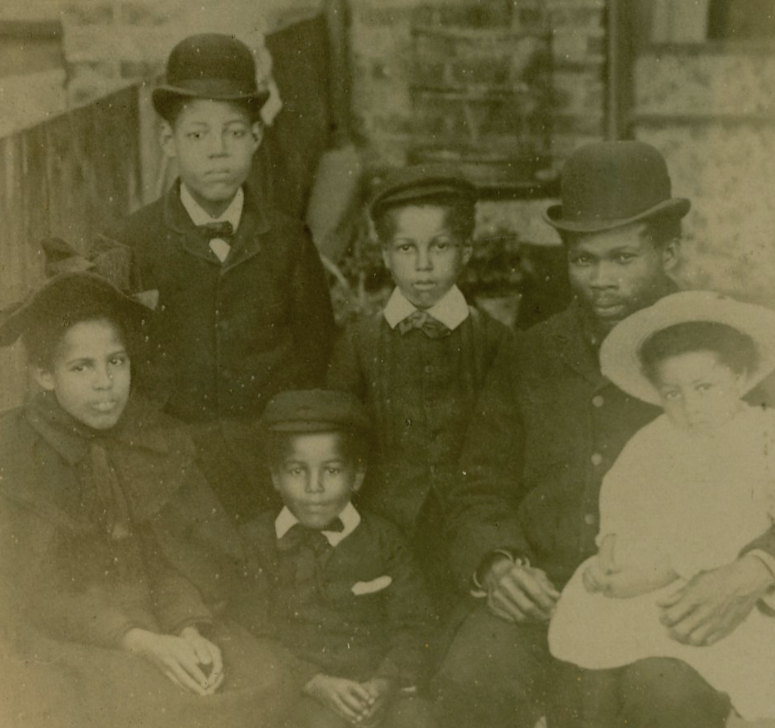
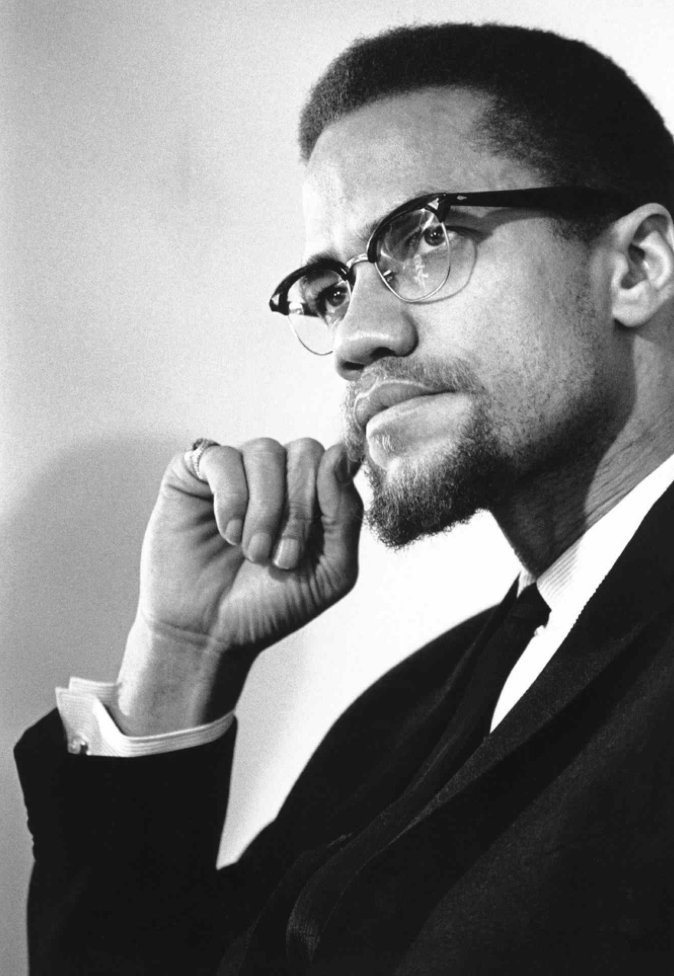
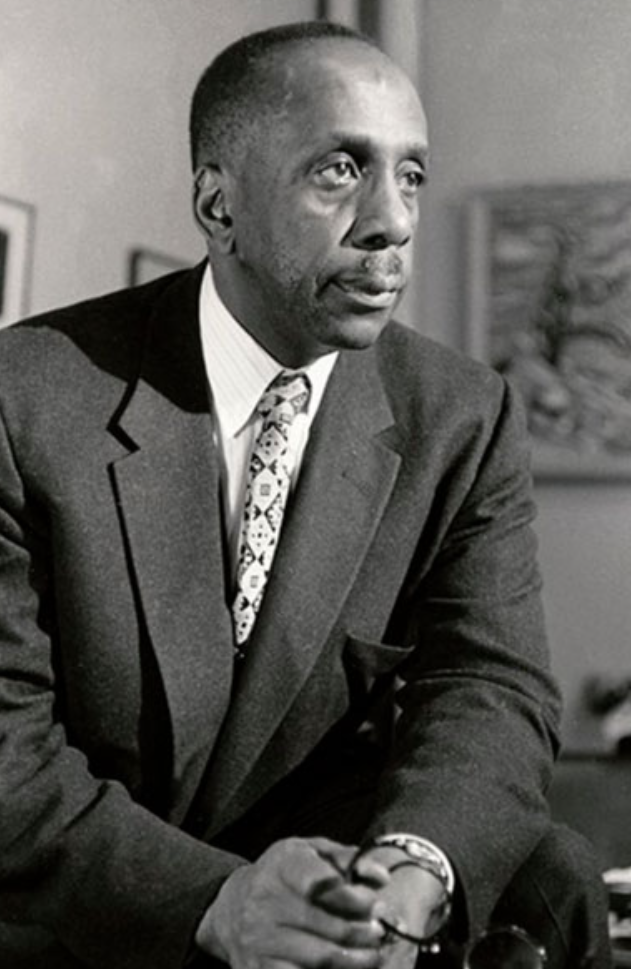
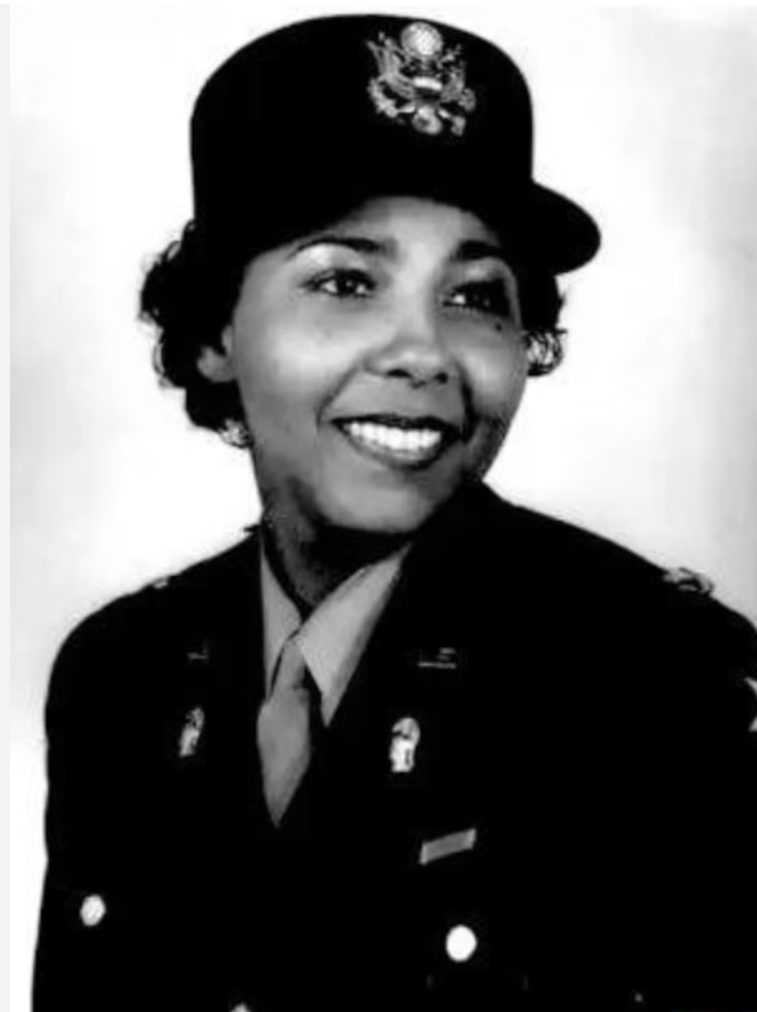
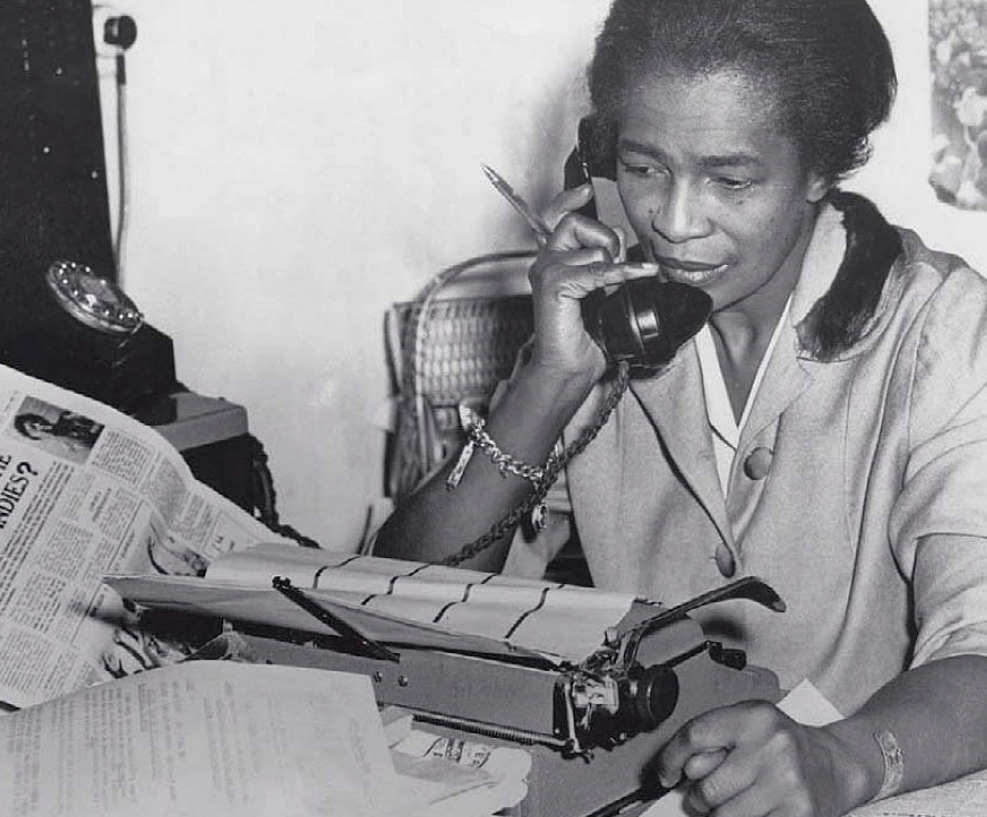
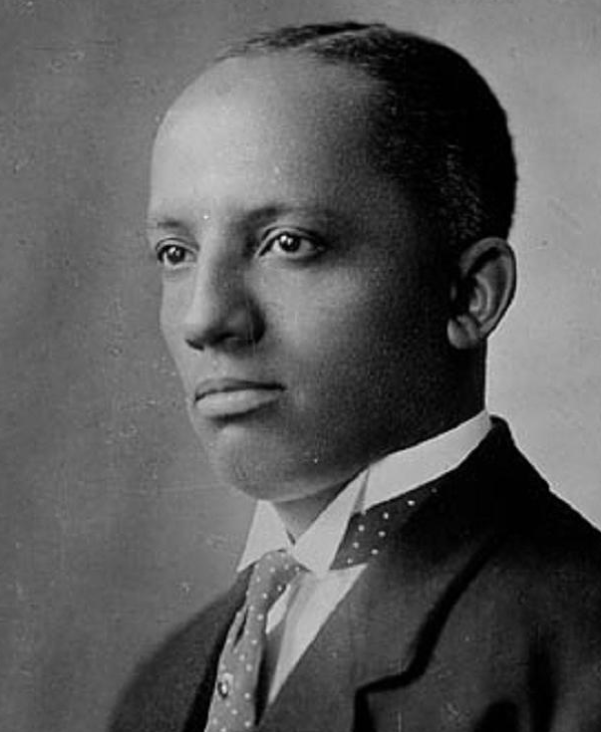
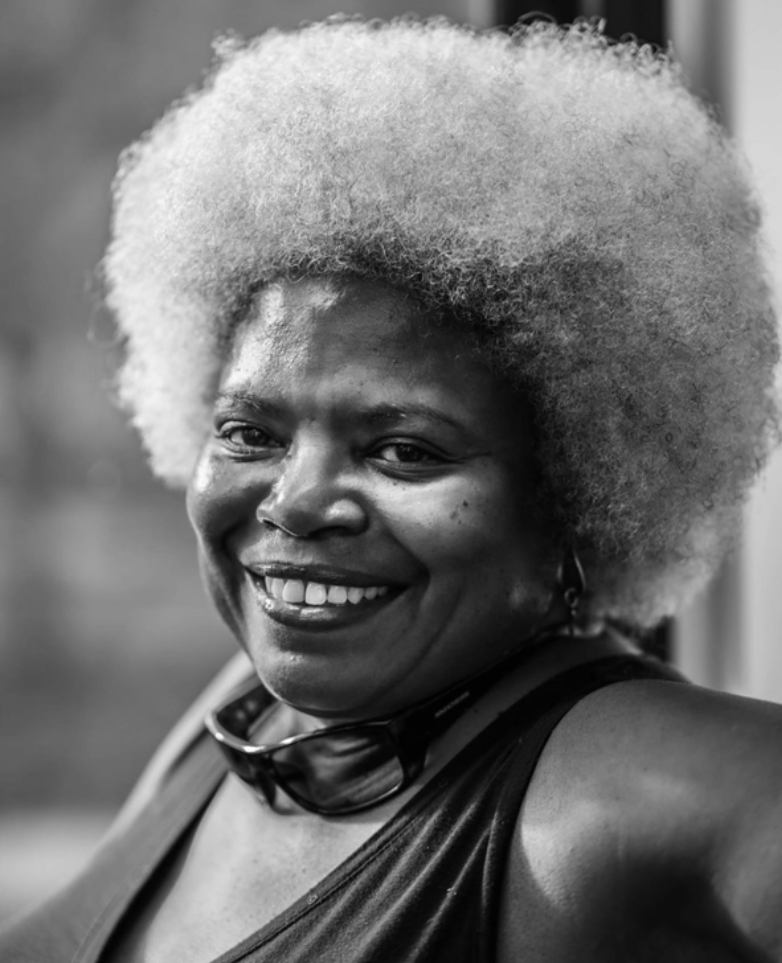
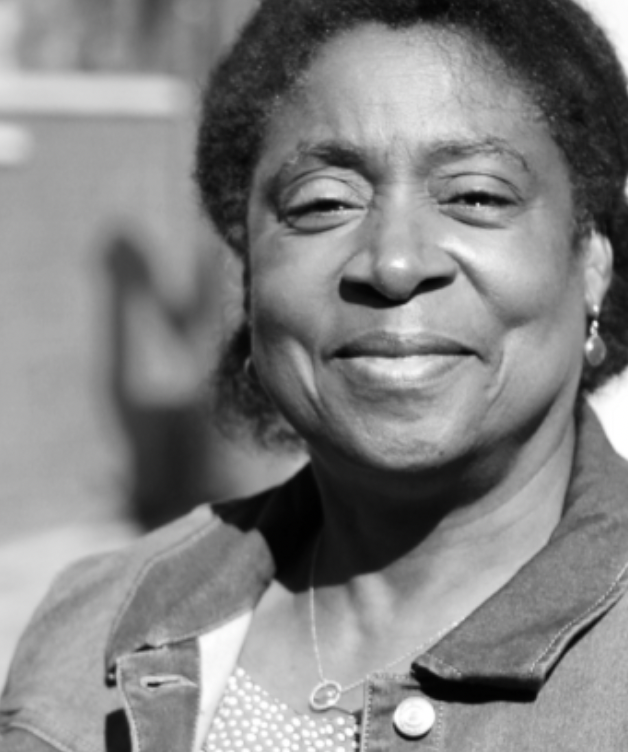

We Would Love To Hear From You
If you’re a charity, an organisation or simply have a suggestion to add to our page; please get in touch!
I


